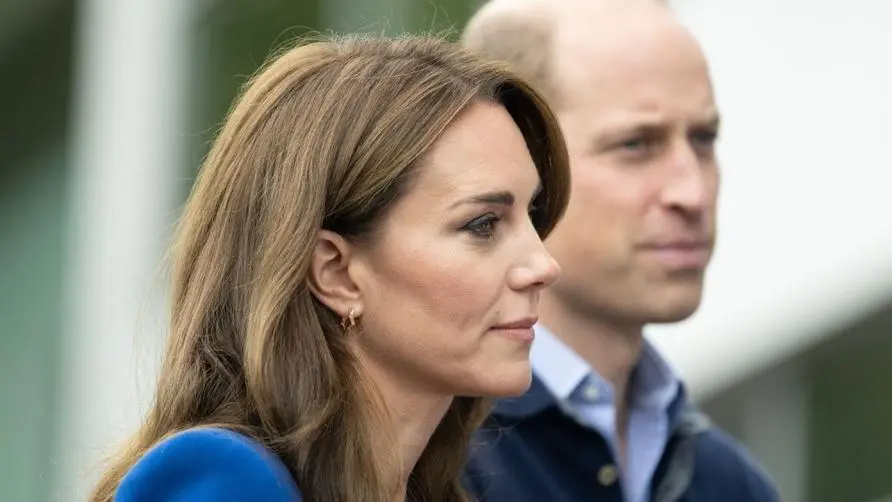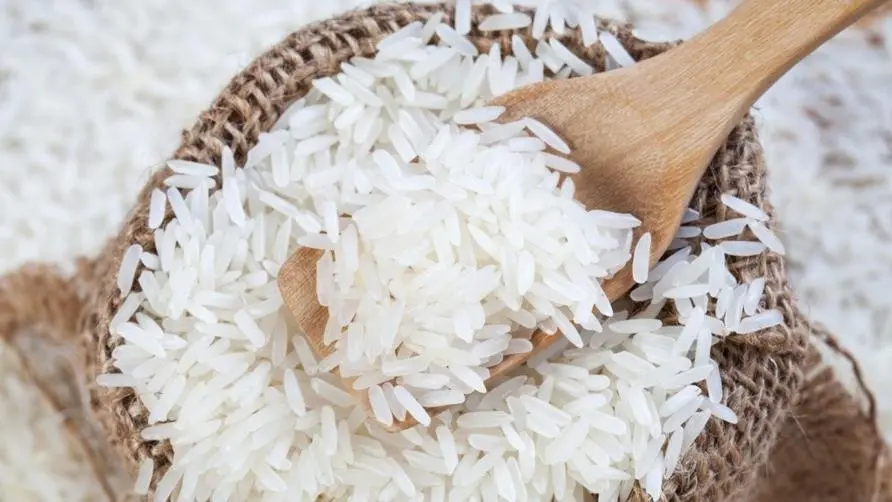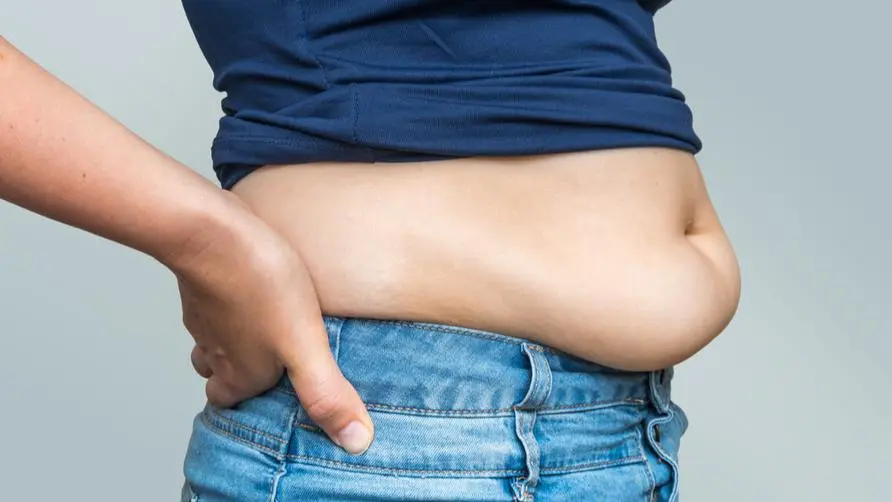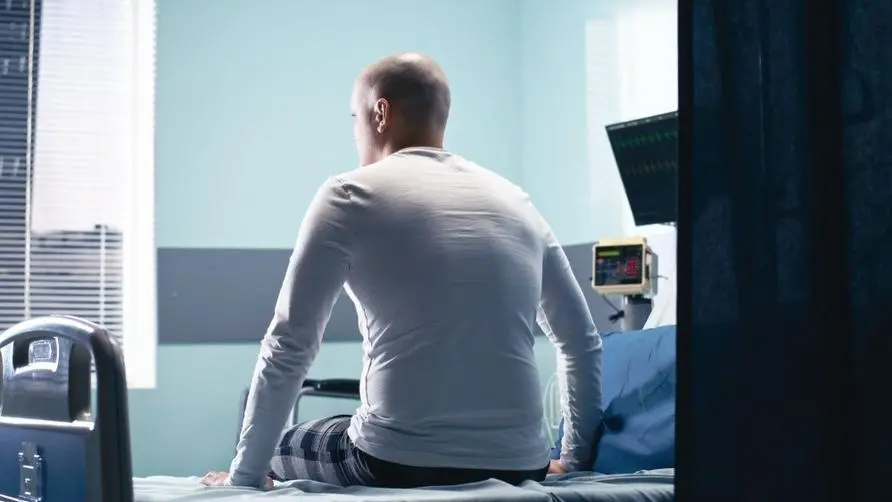Princess Kate is diagnosed with cancer at the age of 42! Will "post-90s" have cancer at a younger age? Critical care doctor advises: Stay away from the "6 major risk factors"

Are middle-aged adults under 50 years of age at increased risk of cancer? There is a clear upward trend among “post-90s”
British Crown Princess Catherine (HRH Catherine, Princess of Wales, also known as Princess Kate) announced on social media that she had cancer on March 23 this year and was currently receiving adjuvant chemotherapy. The news attracted attention from all walks of life. Many people feel sorry for Princess Kate, who is only 42 years old, suffering from cancer. In fact, the risk of cancer among middle-aged and middle-aged people around the world is increasing? Will cancer among young people no longer be rare in the future?
Dr. Huang Xuan, an expert in critical care medicine, posted on social media that the risk of cancer among middle-aged and middle-aged people under 50 years old is indeed increasing compared to the past. A study published in Nature Reviews Clinical Oncology analyzed cancer populations from 44 countries and showed that people born after 1990 are more likely to develop cancer before the age of 50 than those born after 1970.
Among them, the most common cancer in young men is colorectal cancer, followed by kidney cancer, liver cancer, prostate cancer and thyroid cancer. In young women, breast cancer is the most common cancer, followed by colorectal cancer, endometrial cancer, kidney cancer and thyroid cancer. cancer. In terms of the total number of young people suffering from cancer, the most common ones are still colorectal cancer (an increase of 1.53 million people every year) and breast cancer (an increase of 300,000 people every year). What worries scientists is that the pancreas, known as the “King of Cancers” The number of cancer cases increases by about 64,000 every year.
According to further research, the risk of cancer among middle-aged and middle-aged people, regardless of gender, has been increasing year by year. Among them, the risk of cancer among young men increased by 6.5% within 3 years (2017-2019); among young women, the risk increased by 6.5% within 10 years (2000). -2019) increased by 2.4%.
How can young people stay away from the threat of cancer? Intensivist: 6 major risk factors to avoid!
The risk of cancer among middle-aged and middle-aged people increases. What are the root causes? Dr. Huang Xuan explained that the occurrence of cancer is not only related to bad lifestyle, but environmental changes may also be a major reason. In general, young people should avoid the following 6 major factors that are closely related to cancer:
1. Smoking and drinking
In addition to traditional cigarettes, more young people are embracing e-cigarettes, believing that they are far less harmful than cigarettes. From 2018 to 2021, the e-cigarette use rate among Taiwan’s junior high school students increased from 1.9% to 3.9%; that among high school vocational students increased from 3.4% to 8.8%; overall, the use rate increased from 2.7% to 6.6 within 3 years %. In fact, e-cigarettes may cause multiple harms to the human body. In particular, the “nitrosamine” component may be related to cancer of the lungs, esophagus, pancreas or oral cavity.
In addition, alcohol has been classified as a Category 1 carcinogen by the International Agency for Research on Cancer (IARC). According to the latest statistics in Taiwan, 67.76% of college students have drank alcohol in the past year, and those who have drank too much in the past 30 days (drinking once) 6 or more drinks) the rate is as high as 14.39%. Long-term excessive drinking may increase the risk of various cancers, especially cancer of the mouth, throat, esophagus, liver, breast and colorectal cancer.
2. Sugary drinks
The survey shows that among the population aged 20-29, the rate of drinking more than one cup of sugary drinks per day is as high as 59.31%; the rate for those aged 30-39 is 22.40%, and the rate for those under 20 is 12.49%. Some studies have also pointed out that if the daily intake of sugary drinks increases by 100ml, the overall cancer risk will increase by 18%, or the risk of breast cancer will increase by 22%.
3. Environmental pollution
Among them, “air pollution” and “pesticides” are known to increase the risk of cancer. Harmful chemicals in air pollution, such as sulfur dioxide, nitrogen oxides and particulate matter, are thought to be linked to an increased risk of various cancers. In addition, pesticides such as sunscreen, DDT, and Lindane remaining in crops and water sources have also been classified as possible carcinogens by the World Health Organization.
4. Intestinal flora
The occurrence of intestinal cancers such as colorectal cancer, colorectal cancer, pancreatic cancer and gastric cancer is closely related to the impact of dietary habits on intestinal flora. Research shows that an imbalance or disorder of intestinal flora may be related to an increased risk of various cancers; when the intestinal flora is imbalanced, it may cause repeated intestinal inflammation, long-term damage to the intestinal wall, and increase the risk of cancer.
5. Obesity problem
Many documents have confirmed that obesity increases the risk of various cancers, such as colorectal cancer (increased by 40-50%), breast cancer (increased by 30-40%), pancreatic cancer (increased by 20-30%), Endometrial cancer (increased by 50-60%), ovarian cancer (increased by 20-30%), kidney cancer (increased by 40-50%), thyroid cancer (increased by 15-20%), and multiple myeloma (increased by 10 - 15%)
6. Sleep problems
The International Agency for Research on Cancer classifies staying up late or involving shift work that affects circadian rhythm as a category 2A carcinogen. Research points out that if people take more than an hour to fall asleep after going to bed, the cancer mortality rate will increase by 2.74 times; and according to the latest survey by the Taiwan Suicide Prevention Association, about 20-25% of people over the age of 15 in Taiwan suffer from sleep problems. Ku, accounting for about 2.5-3 million people.
Finally, Dr. Huang Xuan called on the middle-aged and middle-aged people to follow the “six principles” of not smoking, not drinking, not staying up late, not having insomnia, not eating sweets, and not being exposed to pollutants, based on the above risk factors, and maintain good health. Develop a balanced diet and regular exercise habits to stay away from the threat of cancer. “If these principles are not followed, there is no need to be surprised why more and more young people are suffering from cancer!”
Source:
“Why: More young people are getting cancer?” - Dr. Ooi Hean
Is early-onset cancer an emerging global epidemic? Current evidence and future implications
Extended reading:





